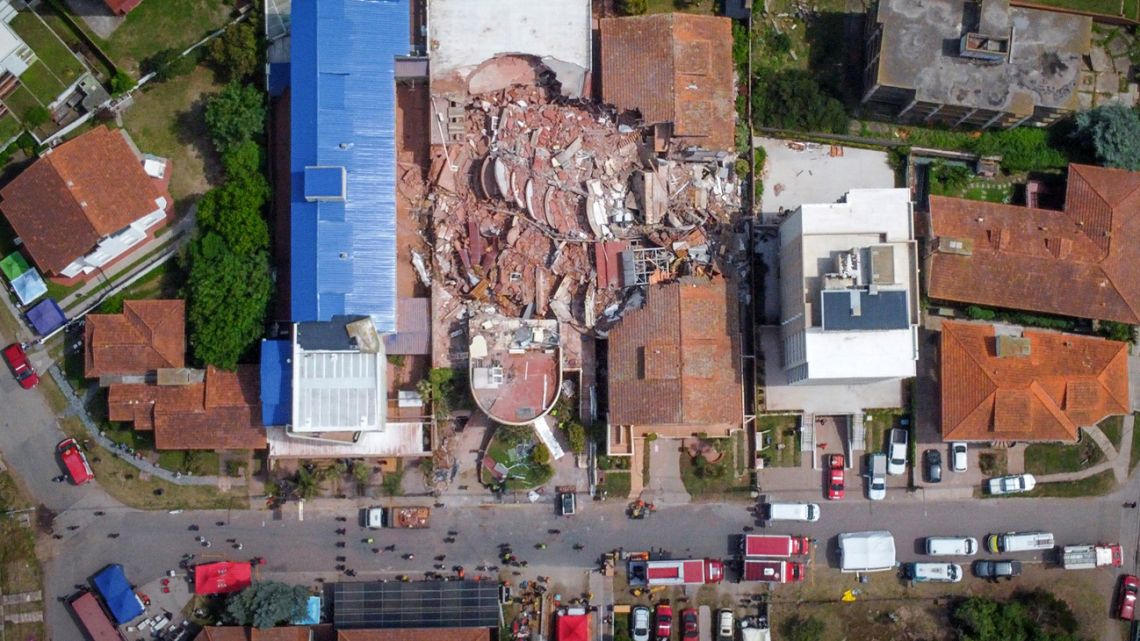The Brazilian stock market experienced a day of mixed signals as investors grappled with domestic fiscal concerns and global economic data.
The Ibovespa, Brazil’s main stock index, closed slightly lower at 130,639.33 points, a marginal decrease of 0.07%. This performance mirrored the weakness seen in New York’s stock exchanges and reflected ongoing uncertainty in Brazil‘s fiscal landscape.
In the currency market, the US dollar remained relatively stable against the Brazilian real, ending the trading session at R$ 5.7634, a minor increase of 0.03%. This stability came despite the dollar reaching a two-month intraday high earlier in the day.
Investors continued to anticipate announcements regarding new public spending containment measures following the end of the election period.
Finance Minister Fernando Haddad indicated that progress had been made in discussions with the Civil House concerning the development of public expenditure control measures.
 Stock Market Teeters as Brazil Awaits Fiscal Clarity. (Photo Internet reproduction)
Stock Market Teeters as Brazil Awaits Fiscal Clarity. (Photo Internet reproduction)However, no specific date was set for the announcement of these fiscal policies. Economic indicators released on Wednesday provided additional context for market movements.
Economic Indicators and Market Reactions
The General Price Index-Market (IGP-M) showed a higher-than-expected acceleration in October, rising by 1.52% compared to 0.62% in the previous month.
This surpassed analysts’ predictions of a 1.48% increase, as reported by the Getulio Vargas Foundation (FGV). Brazil’s job market showed signs of strength, with 247,818 formal jobs created in September.
This data comes from the General Register of Employed and Unemployed (Caged). This figure, released by the Ministry of Labor and Employment, marked the best month for job creation since February.
It also exceeded economists’ expectations of 227,600 new positions. In the corporate sphere, WEG (WEGE3) stood out among Ibovespa-traded assets, with investors reacting to the company’s third-quarter earnings report.
The electrical equipment manufacturer’s shares led the index’s losses, closing down more than 5%. WEG reported a net profit of R$ 1.57 billion ($280.36 million) for the period, slightly below the R$ 1.60 billion ($285.71 million) projected by analysts.
Among the Ibovespa‘s heavyweight stocks, Vale (VALE3) and Petrobras (PETR4; PETR3) diverged from commodity trends, closing lower.
On the positive side, cyclical stocks advanced amid easing long-term interest rates and expectations for corporate results. Carrefour (CRFB3), Cogna (COGN3), and Magazine Luiza (MGLU3) were among the index’s top gainers.
In the United States, Wall Street experienced another day of declines as investors awaited earnings reports from big tech companies.
The ADP report showed 233,000 private sector jobs were created in October, surpassing expectations and indicating continued strength in the US labor market.
US GDP growth for the third quarter came in at 2.8%, slightly below the 3% forecast but still above the Federal Reserve’s 1.8% non-inflationary growth target.
These results further diminished the likelihood of economic slowdown and labor market weakening, potentially influencing future Federal Reserve decisions.

 By The Rio Times | Created at 2024-10-30 21:20:29 | Updated at 2024-10-31 19:21:58
22 hours ago
By The Rio Times | Created at 2024-10-30 21:20:29 | Updated at 2024-10-31 19:21:58
22 hours ago



